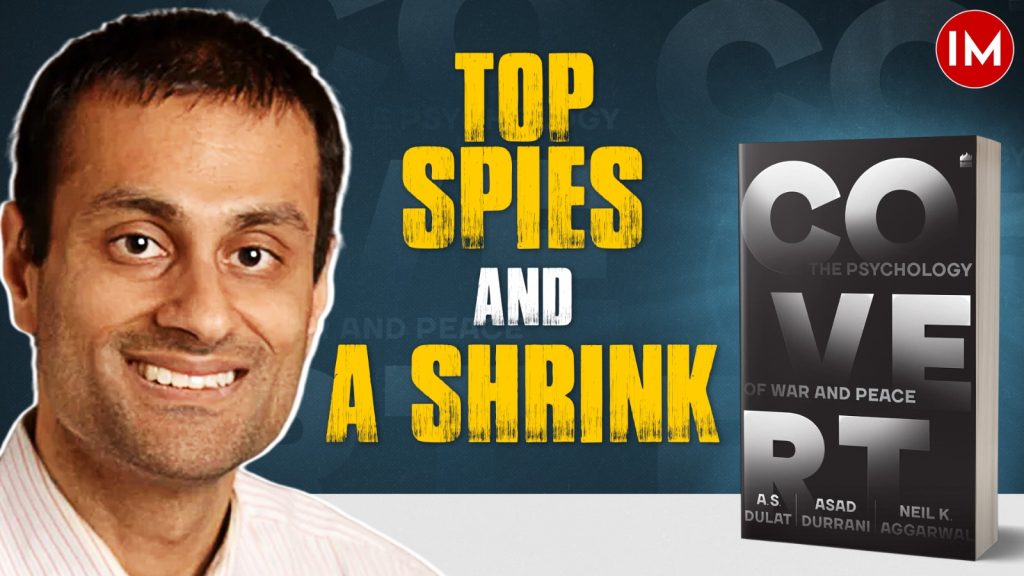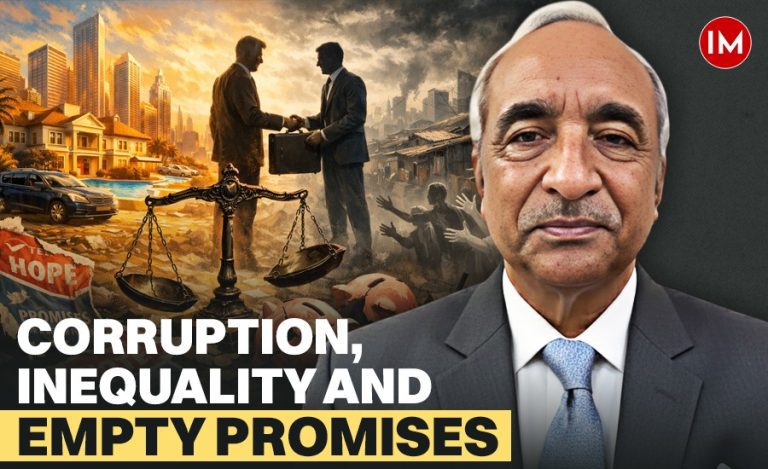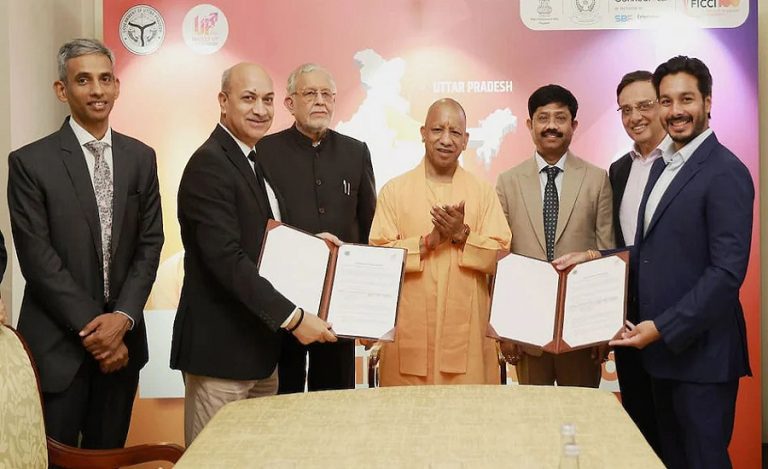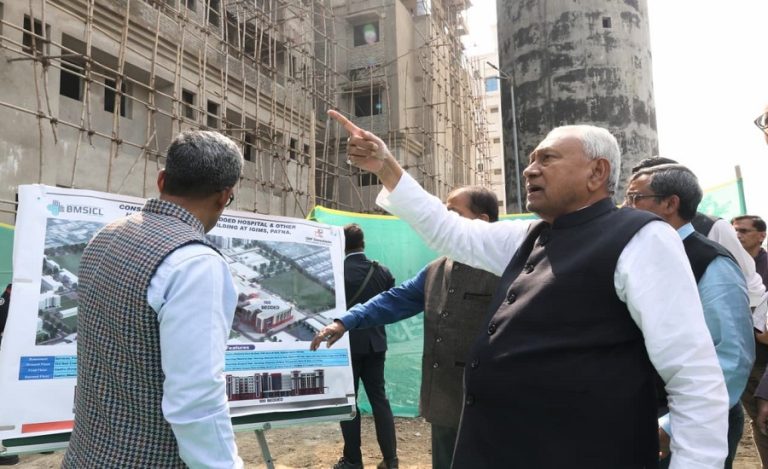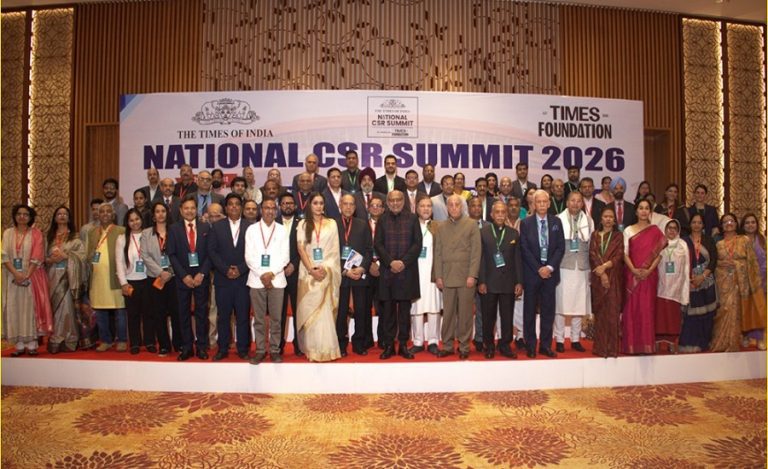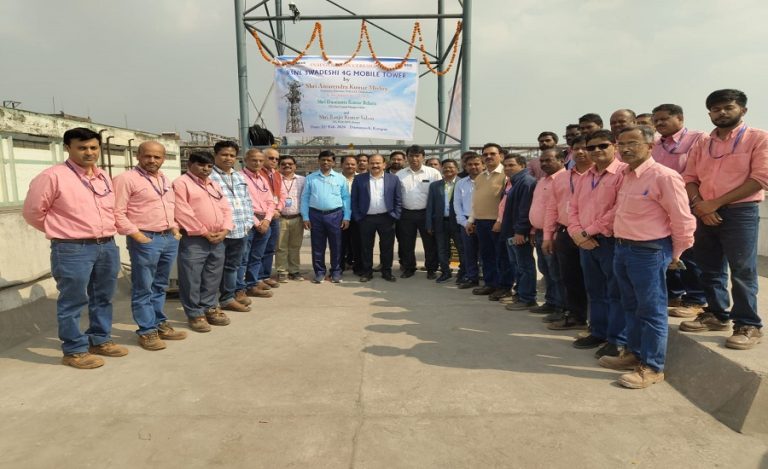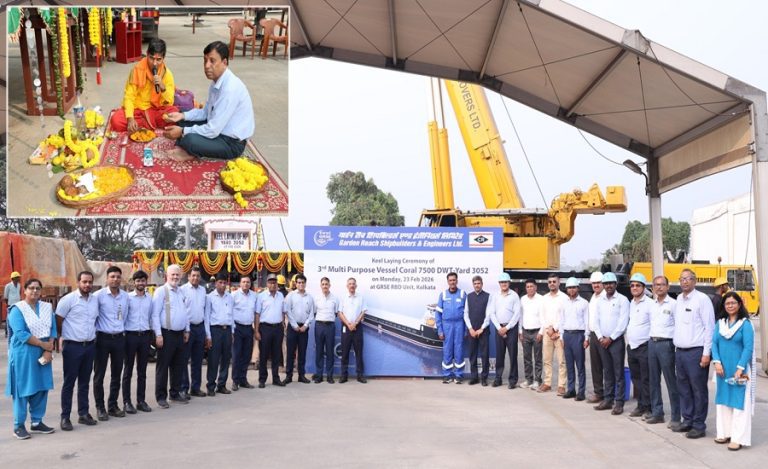New York-based psychiatrist Dr. Neil Krishan Aggarwal offers an unparalleled exploration of espionage in his latest book, ‘Covert.’ By interviewing former ISI Chief, General Asad Durrani, and Former RAW chief, Amarjit Singh Dulat, Aggarwal delves into the intricate psychological and operational aspects of being a spy. The book also draws on the expertise of strategic experts such as Amar Sinha, IFS, Lt. Gen. Abhay Krishna, and Yashovardhan Jha Azad, IPS, to examine the nuances of diplomacy, particularly the often-overlooked track 2 diplomacy.
Dr. Neil Krishan Aggarwal, a board-certified psychiatrist based in New York City, customizes treatment based on individual needs and preferences, prioritizing safety, confidentiality, honesty, and mutual understanding. He completed his medical education at Case Western Reserve University, studied cultural psychiatry and medical anthropology at Harvard University, and trained at Yale University. Alongside his private practice, he conducts research and teaches at Columbia University, where he is a Professor of Clinical Psychiatry.
At the event, Dr. Aggarwal shared, in context with the book, “After The Spy Chronicles was published, General Durrani was accused by Pakistan’s PM Nawaz Shareef of treason and was detained at home. He knows the cost of speaking out for peace with India. Similarly, Dulat Sahab also faced consequences for speaking out for peace with Pakistan and about Kashmir. This is when I thought, This is a fabulous point to start the book. By that time, Gen. Durrani had fought his case in Pakistan and won; the chips had fallen for Dulat Sahab, but both men were ready to share their stories again, and so they have been brutally honest to the extent that there is enough in this book to offend EVERYBODY!”
Check out the complete video here-
‘Covert’ extensively discusses the role of track 2 diplomacy, which serves as an alternative dialogue means when mainstream diplomacy fails or is absent. This form of diplomacy involves informal dialogues aimed at building relationships and fostering new thinking to inform official policy. Despite its importance, Track 2 diplomacy faces several challenges that can hinder its effectiveness. A significant issue is the lack of official sanction, limiting its influence and implementation. Additionally, the absence of accountability and transparency can breed mistrust among stakeholders, making it difficult to achieve lasting results.
To ensure the continuity of diplomatic processes independent of individual leaders, diplomats, scholars, and experts must establish robust institutional frameworks that transcend personal and political changes. This involves fostering a culture of shared goals and mutual respect, supported by consistent policy objectives that remain resilient despite leadership transitions.
Aggarwal’s book identifies specific areas where India and Pakistan could collaborate with minimal psychological and cultural shifts, especially in the context of Jammu and Kashmir. By focusing on tangible policy areas such as trade, water resources, and environmental cooperation, both nations can build trust and establish a foundation for addressing more sensitive issues related to identity, history, and collective memories. This pragmatic approach can facilitate dialogue and cooperation, reducing the emotional and psychological barriers often impeding progress.
The book also benefits from the insights of prominent strategic experts. Lieutenant General Abhay Krishna, a retired officer of the Indian Army who commanded the Eastern and South Western Commands and served as General Officer-Commanding-in-Chief (GOC-in-C), Central Command, provides a strategic military perspective on the security dynamics between India and Pakistan. Yashovardhan Azad, with his extensive experience in national security and governance as a former Special Director of the Intelligence Bureau and Secretary (Security) to the Government of India, underscores the importance of intelligence-sharing and collaborative security measures. Amar Sinha, with his distinguished diplomatic career, offers a nuanced understanding of the economic and political dimensions of international relations, particularly in the context of his roles in various Indian missions worldwide and as India’s Ambassador to Afghanistan and Tajikistan.
In summary, Dr. Neil Krishan Aggarwal’s ‘Covert’ offers a profound examination of the psychological and strategic elements of espionage and diplomacy. Through expert interviews and detailed analysis, the book sheds light on the complexities of covert operations and the potential for track 2 diplomacy to foster enduring peace and cooperation between adversarial nations.

